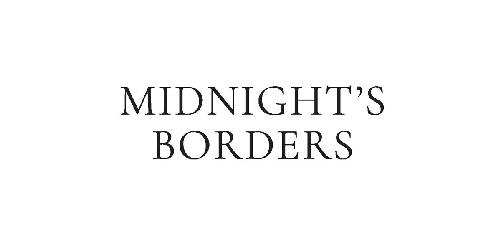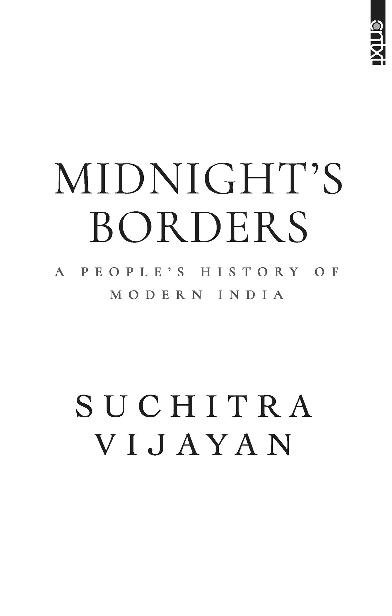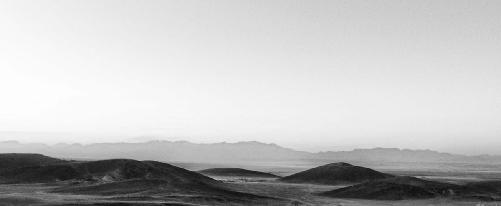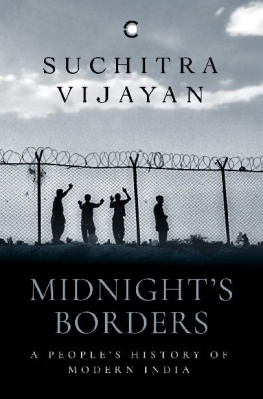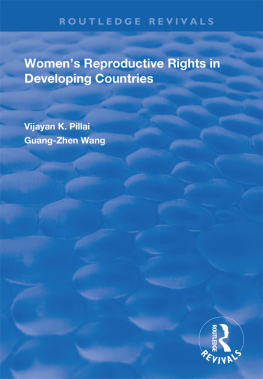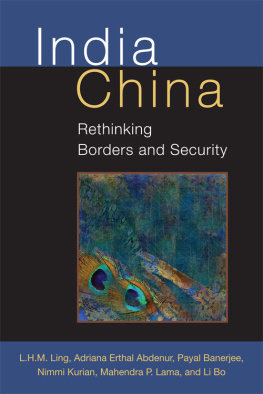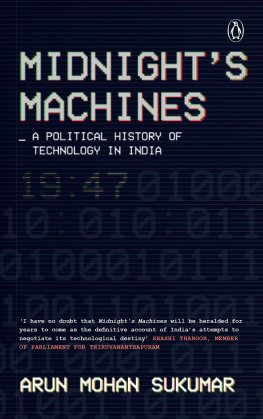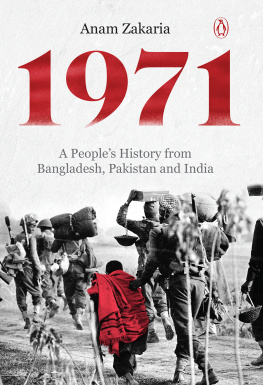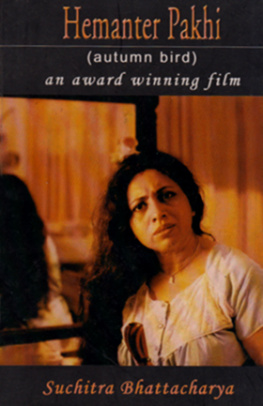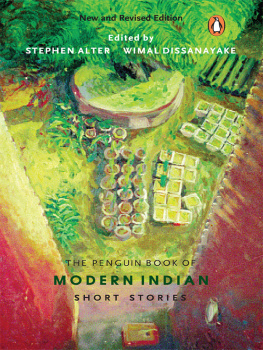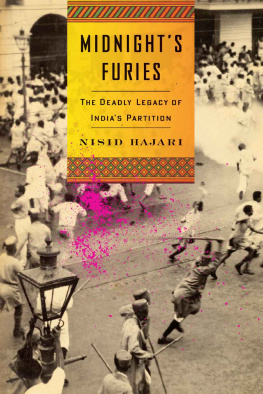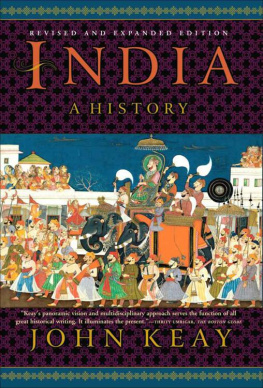First published by Context, an imprint of Westland Publications Private Limited, in 2021
1st Floor, A Block, East Wing, Plot No. 40, SP Infocity, Dr MGR Salai, Perungudi, Kandanchavadi, Chennai 600096
Westland, the Westland logo, Context and the Context logo are trademarks of Westland Publications Private Limited, or its affiliates.
Text and photographs copyright Suchitra Vijayan, 2021
ISBN: 9788194879053
The views and opinions expressed in this work are the authors own and the facts are as reported by her, and the publisher is in no way liable for the same.
All maps included in this book are historical. They are representational sketches and not to scale.
All rights reserved
No part of this book may be reproduced, or stored in a retrieval system, or transmitted in any form or by any means, electronic, mechanical, photocopying, recording, or otherwise, without express written permission of the publisher.
When someone asks me for my name, I say I am someone who has lost my home many times over.
Field notes, IndiaBangladesh border
H e had nothing left of his home except an old map of his city. The maps no longer looked like the map he had memorised as a student. It looked like a tilted triangle, but he called it the broken half of a whole. His school and the local factory that produced jams and juices had been turned into a camp. His city was remade, and his country doesnt exist anymore. He was a refugee twice over, an exile once and an orphan always.
After he arrived in this country, he renamed himself Ishmael, after the son who was supposed to be sacrificed to god, but lived. He did everything he could to begin anew. But he could never entirely cleanse himself of the violence he had encountered. The war never left him, that pain of having lost his family and his home clung to him. Time no longer made any sense to him, it no longer anchored him. For him, it no longer moved. It simply stagnated.
When I met Ishmael, he had a set of notebooks with collected news clippings from the war years. He called the collection his museum of forgotten facts. Flipping through his many notebooks, you would learn about an internment camp that men went to voluntarily because they thought they would be safer there than on the street filled with men in uniform. Youd come across the cellist who performed at funerals for free during the height of the siege when every street corner had a sniper positioned to attack civilians. And youd encounter the journalist, who now cleans toilets in Sarajevo, who kept a hundred notebooks with names of the dead, and of the men he saw kill during those twenty days of carnage. Then there was the woman who had been starved at the internment camp. She lived, but lost the sense of taste, except the taste of cold prison floors. Freedom, once stolen, crippled and starved, never managed to recover.
Ishmael had a simple question. Why did his home not exist anymore? Why was it unmade and erased? Looking for answers, he said he would become a modern-day Ibn Battuta, travelling the contours of apartheid and occupation; the fractured lines that refused to become nations, and the ugly walls and fences that divided people. His lines did not match the lines that proclaim nations sovereign.
But he never left the city of his last refuge. He stayed, he waited, and he rotted a little every day.
What does it feel like to be the last one?
I can no longer live knowing I am the last one.
Not when they claim we never existed.
They found this note next to Ishmaels limp body. He had lived as a refugee, an exile and an orphan for over twenty years.
He had no executor; no living will. He left nothing behind, for no one. Everything he owned fit into a cardboard box that his Armenian landlord had donated to a thrift storeincluding his museum of forgotten facts, his notebooks full of news clippings, names, dates and maps of his city and a country that no longer exists.
When Primo Levi, the chemist, writer and Holocaust survivor, died in 1987, Elie Wiesel made an infamous observation: Primo Levi died at Auschwitz forty years later. Like Levi, Ishmael died at his home that was destroyed, nearly twenty years later. I dont know why he chose to end his life; perhaps living had become a terrible price to pay. Exacting, was the word he had used when we first spoke almost a decade ago.
For all his eloquence about war, violence and pain, Ishmael appeared childlike. He was a boy when he had lost everyone and everything to the war. He had never reconciled with the violence, and the loss of his country never made sense to him.
Where do I belong? Ishmael asked once. This question of belonging, which he left without answering, haunts me the most. Did he belong to his land? To this time? Or did he belong to silence and forgetting?
When I worked for the War Crimes Tribunal for Yugoslavia, I spent months reading the witness summaries of victims and survivors. Many of the witnesses who came before the tribunal were those who had survived heinous crimes, had witnessed them, or had family who were victims of ethnic cleansing and genocide. They talked of starvation, of the destruction of their homes and community; separation and disappearances of family members; physical torture; sexual violence and rape; abuse, torture and the killing of others; perilous flight or escape and forced exile. What they often spoke of as justice was really a deep longing to make sense of their loss. When people came to testify at the tribunal, they brought tokens with them; anything that would convey their loss, make them human and not another witness number or statement. Above all, they wanted their personal purgatories to be recorded, remembered and acknowledged. Some brought photographs of the family they had lost and gave them to the lawyers and investigators. Justice, for many of them, was about not being forgotten.
Ishmael was no different. In his museum of forgotten facts, he obsessively collected maps and old photographs of his homeproof that his memories were true, that his city was not imagined but had existed, even if they were clippings from newspapers. But the maps did not speak his language; they speak the language of the state, the bureaucrats, politicians and the armies. Maps are objects of power, and they do not belong to the people. Maps are keepers of a states knowledge: the distances, the miles, the nautical and where things begin and end.
They are not keepers of peoples memories. So Ishmael tinkered with the maps and vandalised them, hoping one day he would make them speak his language. To redraw the world and its contours is my magnum opus, he had said many times over. He would break up the bordersthose lines that bring orderinto unruly curls and curves. He drew the places he had lost, and sometimes he drew them as places they would have become if they were allowed to exist.
